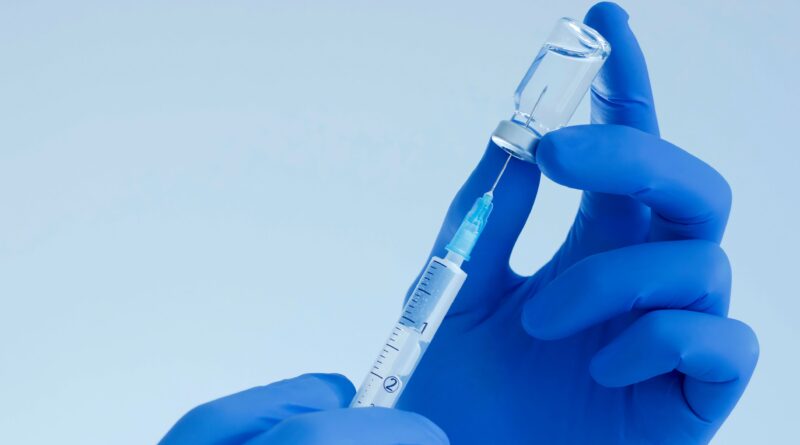Researchers Assess Shingles Vaccination Status Among Veterans With Immunosuppressive Medications
Little research has been done on the efficacy of recombinant zoster vaccine (RZV) in immunocompromised adults aged 50 years or younger. A new research study examined the RZV vaccine among this high-risk patient population, in immunocompromised veterans receiving immunocompromised medications within the Veterans Health Administration’s health care system. (VHA).1
Image credit: Aron M – Austria | stock.adobe.com

Herpes zoster (HZ), commonly known as shingles, occurs after the reactivation of the varicella zoster virus (VZV). The virus can reappear in people who previously had VZN, which often appeared as chicken pox, regenerating as shingles. People with shingles can have a painful rash in a dermatomal distribution that can last for several weeks.2
The FDA approved RZV in 2021 for adults 18 years of age and older with HIV infection, based on its original indication in 2017.3 After the approval, the CDC and the American College of Rheumatology issued updated guidelines for the shingles vaccine.1
Researchers conducted a cross-sectional study approved by the VA Quality Enhancement Research Initiative. The study authors used VHA nationwide data from 130 medical facilities that prescribed 1 or more immunosuppressive medications to a veteran for 90 days or more from January 1, 2018 through June 30 2023. Data included the percentage of veterans who received 1 or more. RZV values during the study period, evaluated before the exhibition extended from January 2018 to February 2022, and any time throughout the study period.1
The researchers modeled multivariate regression, which included age, sex, race and ethnicity, rural area of residence, travel to more than 1 subspecialty, receipt of 1 or more vaccinations at the VA, and type of immunosuppressive drugs. The study authors noted that a total of 190,162 veterans were reported to have received immunosuppressive medications at 130 centers during the study period. However, at the end of the study, 23,295 veterans were under the age of 50.1
The results showed that among veterans 50 years and older, 55,546 of 153,620 people received RZV before the expanded demonstration and 83,117 of 166,967 received it by mid-2023. of veterans under the age of 50, 638 of 22,631 received the RZV vaccine before the expanded demonstration and 3118 of 23,295 had it by mid-2023.1
“Demographic factors associated with lower likelihood of vaccination included male gender, African American and unknown race, and non-urban residence. Factors associated with increased likelihood of vaccination were include treatment with tsDMARDs and other measures to increase health care utilization,” the study authors said in a news release.1
Studies suggest that less than half of US veterans taking chronic immunosuppressive drugs received even one dose of RZV and the scores were even lower in those under to 50 years, despite being at high risk of contracting shingles and related problems.1 The results highlight the need for entrepreneurs and health care providers to continue to educate patients about getting the recommended vaccines.
ADDED
1. Recombinant Zoster Vaccination Among US Veterans Receiving Immunosuppressive Medication. JAMA Network Open. News release. October 11, 2024. Accessed October 18, 2024. https://jamanetwork.com/journals/jamanetworkopen/fullarticle/2824694?resultClick=3.
2. Ferruggia K. Study: Risk Factors Associated with Developing Eye Complications Following Shingles Diagnosis. Pharmacy Times. News release. October 11, 2024. Accessed October 18, 2024. https://www.pharmacytimes.com/view/study-risk-factors-associated-with-developing-ocular-complications-following-shingles-diagnosis.
3. Ferruggia K. Study: Recurrence of Shingles Can Occur in Rare Cases After RZV. Pharmacy Times. News release. September 20, 2024. Accessed October 18, 2024. https://www.pharmacytimes.com/view/study-shingles-reactivation-could-occur-in-rare-cases-following-rzv.
#Researchers #Assess #Shingles #Vaccination #Status #Among #Veterans #Immunosuppressive #Medications
